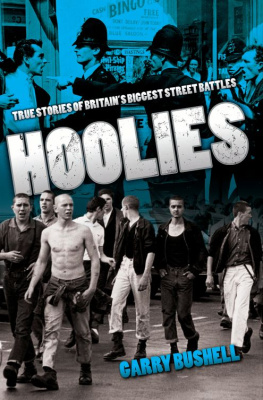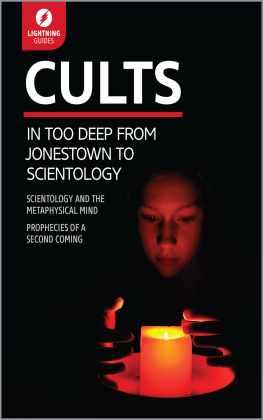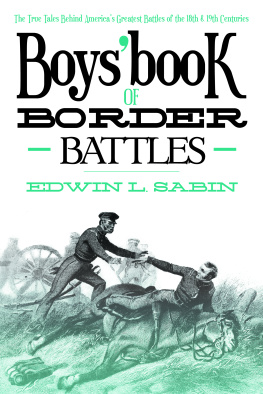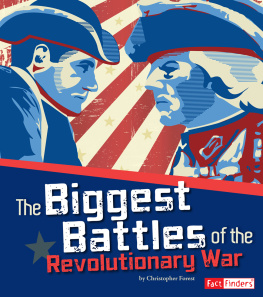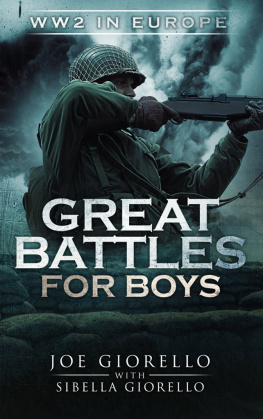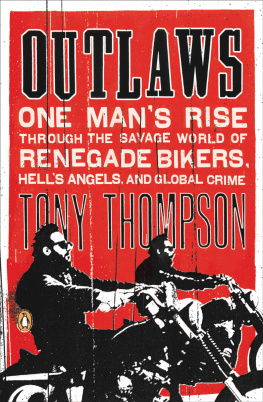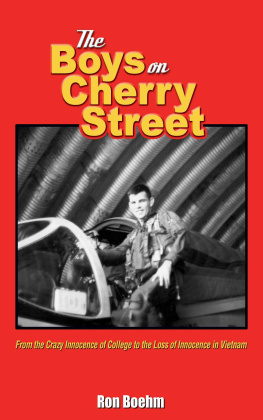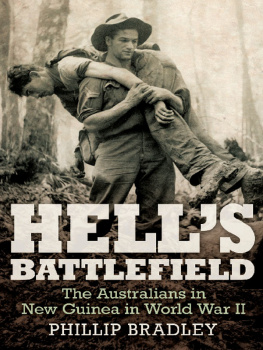The author would like to thank Tom McCourt, Lol Pryor, Paul Hallam, Eddie Piller, Garry Hitchcock, Paul McEvoy, Dave Cairns, Chris Weeks, Mad Marc and Garry Johnson for their help in making this book comprehensive and accurate.
by Garry Johnson
N ineteen seventy-six was the year the British rock scene was reborn. For a brief time all the old certainties went out the window. Chaos reigned. Anything seemed possible. New bands, new ideas and new voices vied for the attention. And in this gloriously fertile maelstrom, Englands great gift to the world, the youth cults were reinvigorated.
The years 1976 to 1985 witnessed a heady parade of punks, rude boys, skinheads, new mods, rockers, bikers, casuals, soullies, boneheads, New Romantics, crusties and goths. It was, as Garry Bushell wrote back then, a wonderful time to be young.
Bushell was uniquely well placed to observe this exciting period in pop history. He was a punk and a fanzine writer who landed a staff job on Sounds at a time when NME had declared punk dead. He wrote with humour and affection about bands that proved them wrong, bands like the Ruts, the Skids and the UK Subs. But he also found time for the kids in the audience. He interviewed the mods and skins and punks on the street, finding their voices just as fascinating as, and often more interesting than, the false messiahs on our stages. And, in return, the kids, these tough young peacocks, took him into their confidence. Its hard to think of any other rock writer who would have been trusted by the ICF (the West Ham Inter City Firm) or the Glory Boys as Garry was. Punks chanted his name on street demos.
Bushell was the first to enthuse about 2-Tone, catching The Specials at their first ever show and documenting the new bluebeat bonanza in the magazine Dance Craze. A huge lover of Ska, he defended the new bands against reggae purists and racist numbskulls alike.
Groups as diverse as Crass, U2, The Chords, The Selecter, Cockney Rejects, The Exploited, and Twisted fuggen Sister had their original reviews from Garry Bushell. He was not like most music-press writers. He didnt hide behind language youd need a degree to understand, and neither did he stick to safe venues in the West End or lavish music-biz junkets.
He was biased for sure, biased against pseuds and phoneys and in favour of the young working class.
The beat of the street floated Bushells boat.
A former suede-head from south London, Garry interviewed the new skinheads to find out what made them tick. When the mods ran amok in Southend he was there. When the Angelic Upstarts played a shock gig inside a prison in the Northeast he was there too.
But he also covered the right-to-work marchers in Sounds and stuck his politics on the line, urging readers to vote Labour in 1979 and in 1983, when he interviewed a grateful Neil Kinnock for what was then Britains bestselling rock weekly.
Garry had cut his journalistic teeth on the Socialist Worker with Paul Foot. Hed written for Rebel and for Temporary Hoarding. He didnt believe rock could be anything but against racism.
He had grown up on Marxism and Motown, Ska, glam rock and Black Sabbath. But he didnt preach. He listened to what people said and reproduced it faithfully. The pieces he wrote on new mod and Oi! in particular reflect that honesty and openness.
His reviews were different, of course, often savage and witty. On Sounds, Garry developed his lifelong love of feuds, falling out spectacularly with everyone from Crass to Boy George via the National Front, who denounced him as a race traitor and published his home address.
Garry Bushell was committed to telling it like it was, no matter what.
Hell go to his grave with the label the Godfather of Oi!, which is fair enough. He came up with the term, compiled the albums and managed some of the bands, getting beaten up by neo-Nazis for his trouble.
But history will also record that the legacy of the Oi! bands is todays hugely popular worldwide street-punk phenomenon, which is as non-racist as it is working-class.
The Daily Mail proved to be as wrong about Oi! as it is about everything else.
Garry Johnson, punk poet (retired)
A ugust Bank Holiday, 1979: 11.15am. A carload of West Ham skinheads from Grays, Essex, pull up on the forecourt of the Five Bells pub at Southend-on-Sea. As they get out, stretching their legs, they are surrounded by a gang of eight older Rockabillies who have been lying in wait. Its a rat trap, baby, and theyve been caught. Or so the leering Rockabillies think. They dont realise that their intended prey are the frontrunners of a 12-strong convoy of skins, Glory Boys and assorted hooligans. Parka-clad terrace legend Kevin Wells in the car behind spots whats happening and stands up through the sunroof, redirecting the other cars back round the roundabout to the pub forecourt like a determined general. Rockabilly faces drain of colour as the cars circle them and park. An awesome away-team spill-out; among them are Hoxton Tom McCourt, Barney Rubble, top mod Bob Bovril Baisden, Gary Hodges and a plethora of hardcore West Side combatants including H, Bernie, Kenny, Frank and Grimbsy. Its the Sweeney of street style. If there ever was an SAS of hooligans, these guys were it.
The Rockabillies dont run, but theyre not happy. The ambushers have been ambushed themselves. They shrink into a circle. Hands reach for coshes, chains and knives. They arent nearly enough. Its all over very quickly.
Bank Holidays and beach fighting go together like pie and mash, strawberries and cream, bovver and boot. This very English tradition has been revived this particular year in the wake of the exciting mod renewal that has shaken up London and the Home Counties. Lots of youth tribes are heading for Southend mostly mods and skins, with subsections of suedes and Glory Boys, the hard mods who follow Secret Affair, along with a sizable proportion of terrace tearaways Im just hoping they dont start steaming into each other last weekends scooter rally got called off after Northern mods clashed with their Southern rivals and then the Old Bill. Mods against mods. Everyone agrees that this is bad news. Theres no need for it.
Im here as an interested participating observer a low-rent Hunter S. on beer and speed to record the days events for posterity, in Sounds, the music paper that has become the thinking mods rock weekly of choice.
The car Im in reaches the Essex coast at 10.35am. We follow the signs to Southend seafront, past the Kursaal arcade and the Minerva pub. Christ, there must be 50 bikers and Teds here already and we aint seen a mod yet. We sink into our seats, turn up the collars of our Harringtons and keep driving. Well, what do you know? We turn the corner and see a sea of new-wave sons and daughters. The seafront is crammed with mods and skins surging down towards the Minerva and getting repelled by a thin blue line of Essex cops. The mood is good, buzzing. The chants are loud and persistent: We are the mods; Skineads; We are the mods; Skineads; We are, we are, we are the Mods!
Lets park this car, find that pub on the seafront where everyone is meeting, the Hope. Life is a drink, and you get drunk when youre young
Stand outside the pub, sinking lagers Forsyte Sagas in the humid sunshine. About 200 mods are gathered on the seafront opposite. Sporadically they charge down the road towards the Grease and get turned back. They look good. No one thinks it odd that so many late-seventies teenagers are deliberately setting out to relive the kind of seaside mayhem that so excited tabloid headline writers in the sixties. That was then, this is now, says Eddie, a 17-year-old electrician from Hackney. Now its our turn.

